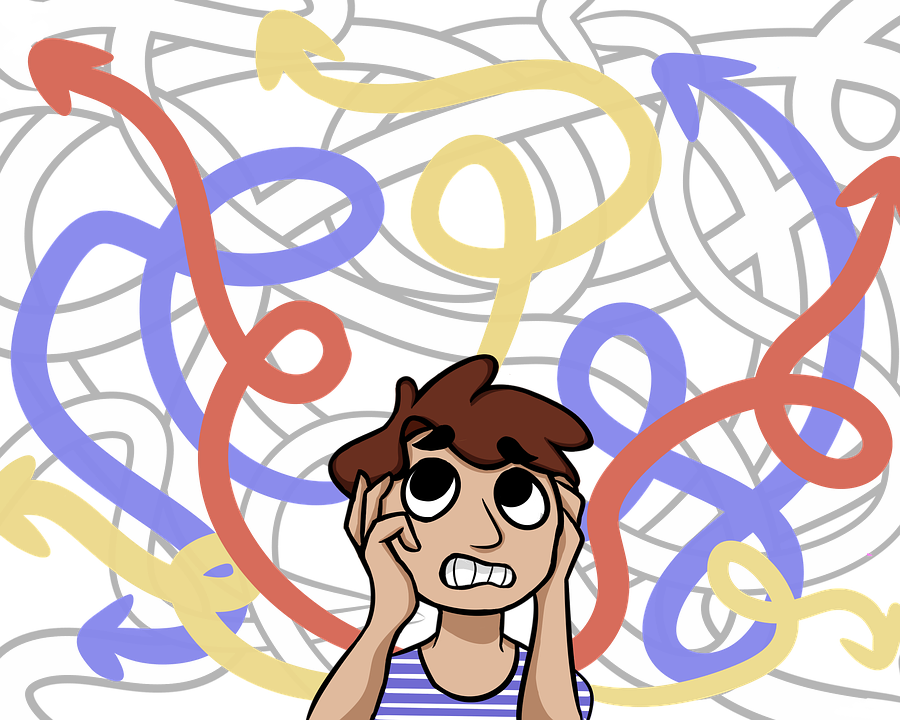New research from the study team: We found a new gene that causes a neurodevelopmental disorder, with speech impairment.
“We identified seven affected females in four pedigrees with likely pathogenic variants in ZNF142” – Khan et al. 2019
How many children who stutter also have ADHD? A retrospective clinical audit (review of medical files)
One-half (50%) of the children who stutter presented with elevated ADHD symptoms. This group needed 25% more clinical treatment visits to achieve successful fluency. – Druker et al, 2019
Does stuttering impact labour market outcomes in the USA? Results from a national longitudinal study
“Stuttering was associated with reduced earnings and other gender-specific disadvantages in the labor market.” – Gerlach et al., 2018
Does stuttering impact educational and employment outcomes in the UK? Findings from surveys completed by a birth cohort study
“These findings fail to support the belief that stuttering has a negative impact on education and employment.” – McAllister, Collier & Shepstone, 2017
Brain differences in people who stutter. A systematic review of neuroimaging literature on developmental stuttering
“Overall… there are widespread functional and structural brain differences between [adults and children] who stutter and their fluent peers…” – Etchell et al 2018
Exciting New Website Updates!
We have been working hard to update our website with lots of new information and features. Take a look!
Are children who stutter likely to have different behavioural, emotional and social development? Results from the longitudinal Millennium Cohort Study (UK)
“Children who stutter may begin to show impaired behavioural, emotional and social development at early as age 3, and these difficulties are well established in older children who stutter”
– McAllister, 2016
What happens between 4 and 7 years? An Australian population based profile of children who recovered from stuttering.
“The recovery rate [from stuttering] by the age of 7 years was 65%.” -Kefalianos et al 2017
Are children who stutter more anxious than those who don’t? Results from a community sample of 11 year old children with persistent stuttering
“We found no evidence that … 11 year old children who stutter were more anxious than those who had recovered from stuttering and nonstuttering controls” – Smith et al. 2017 This study examined anxiety and emotional and behavioural functioning in 11 year old children with persistent stuttering. Results showed that the 20 individuals with persistent…









